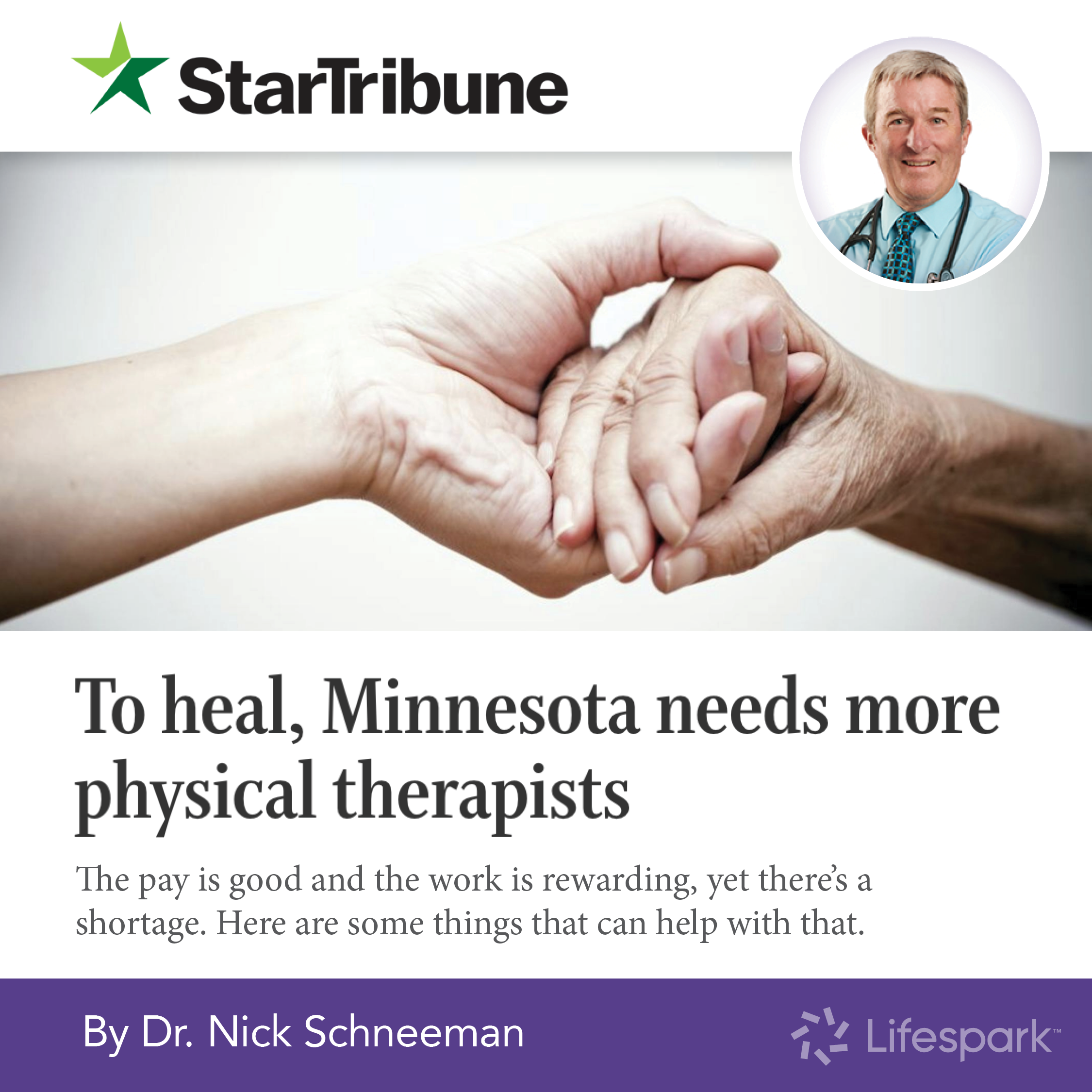By Aileen Xiong
Inside the halls of Lifespark Senior Living communities like Cedar Creek Living in East Bethel, Minn., and Round Lake Senior Living in Arden Hills, Minn., echoes of laughter, the shuffle of sneakers, and the occasional “GO! GO!” might sound more like a high school gym than a retirement home. But for Spark Performance League (SPL) coaches Angela Yarusso (Round Lake Loons) and Wendy Zimmerman (Cedar Creek Cheetahs), this is the heartbeat of something much more profound–community, connection, and purpose.
“I do love it,” Angela says with a grin. “It’s very fun.”
Angela started her coaching journey at Round Lake Living before the building was established –no residents, no staff, no SPL team. It was a blank slate. But what began as a logistical challenge turned into a deeply meaningful endeavor. “The population we work with is seniors,” she explains. “It’s okay if they can’t do it. We’re just happy they showed up.” This isn’t traditional coaching. Angela doesn’t see the residents as just players–they are all neighbors. The focus isn’t on competition but community. Wins are celebrated not for the score but for the consistency and spirit behind them. “There’s no negative energy,” Angela says. “Even when it’s competitive, we keep things light. It’s about being together.”
At Cedar Creek, Wendy, just like Angela, is still fairly new to her role, just about a year in–but you wouldn’t know it by her enthusiasm. “It feels criminal working,” she laughs. “I have too much fun.” Wendy fully believes that coaching in this environment is about belonging. “Belonging to something can really do something for you,” she says. Residents who first showed up in bathrobes–just to watch–eventually began joining in.”
That sense of inclusion is deliberate. “Everyone has a role on the team,” Wendy emphasizes. “We never allow people to feel like they aren’t a part of it.” Angela agrees.
Whether or not residents participate in every activity, many senior residents will stop her in the hallway with a cheerful “Hey Coach!”–a small reminder of the impact her presence has.” Residents here are treated like equals–not cautiously, not belittled. And they’re never underestimated. Here we enjoy taking risk!”
“Adults are adults,” Angela says. “We don’t baby talk here. I use my ‘coach voice’–stern but playful. They actually quite enjoy the shouting.” And it’s true. The spirited energy–the kind you might expect from a high school coach from the sidelines–finds its place in senior living just as easily. The difference? There’s no pressure, no drills, no cutthroat practices. Instead, there’s laughter, encouragement, and a deep appreciation for simply showing up. However, coaching in a senior environment does not come without emotional weight. Over time, Angela and Wendy have had to say goodbye to residents who’ve died–an unfortunate but honest part of the job.
“It’s a sad reality, but it’s truthful,” Wendy says. “You get close to people. You see them regularly. And when they’re gone, it leaves a space.” But those spaces are often filled with new faces. Some residents, even if they don’t actively participate, show up just to be near the action. To feel the pulse of the community. And others, over time, shift from shy observers to full-blown participants–thanks to the persistent positivity of coaches like Angela and Wendy.
“Positive harassment,” Wendy jokes. “We get so many comments from families who can’t believe how involved their parents or grandparents are. It’s all over social media.” This kind of engagement doesn’t happen by accident. It’s nurtured through consistency, approachability, and an unwavering belief that EVERYONE belongs. Their presence is enough. They are seen, heard, and valued. In these roles, both women have learned the value of meeting people where they are. “Communication is key,” Angela notes. “If someone can’t do something, they don’t have to. We offer a safe, encouraging space. No pressure. Just support. They’re adults, and they know what they’re capable of.”
That support is part of what keeps residents coming back. And it’s what keeps coaches like Angela and Wendy energized–knowing that their job, while nontraditional, is deeply impactful. Their eyes light up with joy. It’s meaningful. It’s joyful. It’s human. In the end, coaching seniors is less about the scoreboard and more about the story. The story of residents who surprise themselves by scoring a point. The story of shy newcomers finding their footing in a room full of strangers. The story of belonging, of being needed, of shouting the words: “Hey, coach! You definitely make me feel like I belong.”





